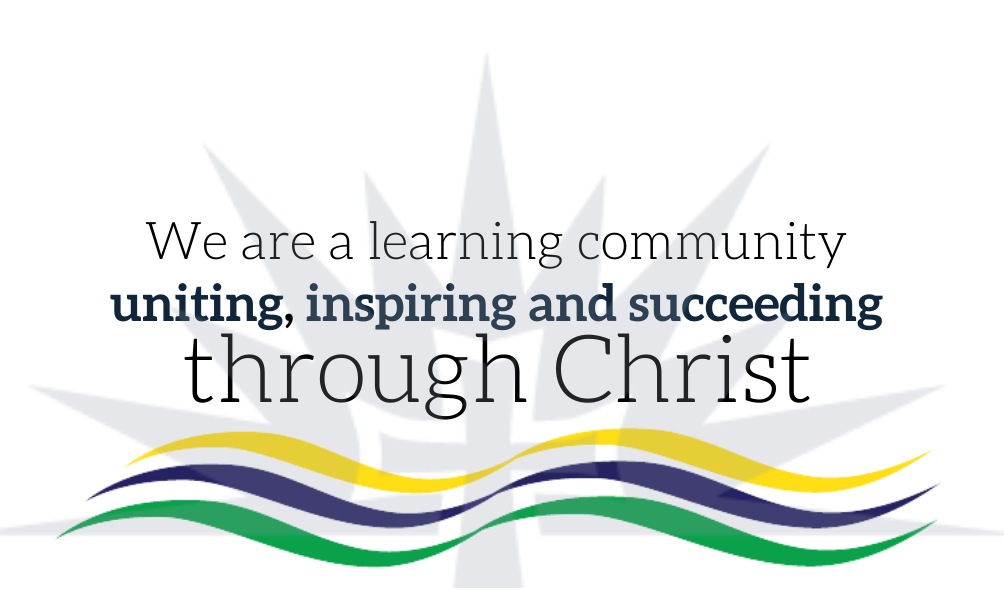Rationale
Unity College has an unwavering commitment to nurturing students into well-rounded, confident, and knowledgeable global citizens. We believe in encouraging a school environment which fosters a sense of belonging, stability and happiness by setting high standards and by providing learning opportunities that enable students to be responsible and accountable. As part of this, we believe that teachers should explicitly and continuously teach, and model clearly stated expected positive behaviours which are “age and stage appropriate and relevant.”
We focus on positively shaping the future of the young people in our care: the way they think and perceive themselves and others and the world around them. Our pastoral care approach is both proactive and reactive; it is about strengthening character and building skills to manage life’s challenges both at school and beyond it.
All learning in the College is based on the principles of establishing, maintaining, and where required, restoring positive relationships with all members of our community. Supporting students to display positive behaviours is the responsibility of every member of the school community – students, parents, and staff in partnership.
Secondary School Pastoral Care Structure
- Year Level Leaders (YLL) & Pastoral Care teachers (PC)
Middle Phase Year Level Leaders will move with their cohort from Year 7 into 8.
- Wherever possible and practicable, PC Teachers will move with their PC classes as they journey through the middle phase.
- The PC Teacher will be the primary contact for parents and students of their PC groups. They should take an active interest and oversee the Pastoral and academic needs of all students within their PC group.
- PC Teachers will follow a shared pastoral (GP) curriculum to support students as they journey through adolescence.
- Pastoral Care Classes (PC)
Pastoral Care Classes are the first and foundational connection each day for students with their peers, staff and learning. PC time is grouped into 5 types:
- Prepare: assists students with ‘preparing’ for learning.
- Relate: Involves students looking at issues/topics that are relevant to how students interact with one another and the relationships they develop.
- Pray: Involves students engaging in extended prayer, either in PC classrooms or in the Chapel.
- Gather: Involves students gathering as a cohort to celebrate the successes of members and address issues/topics which have risen for the Year level.
- Spark: Involves students engaging in physical activity
- General Pastoral Classes (GP)
GP is an additional weekly lesson allocated to students and teachers for pastoral care matters. Twice a term, this time will be used for whole Secondary School assemblies. The rest of the lessons will be used to build on the work of YLLs and to teach a balanced and age-appropriate Pastoral Care curriculum.
